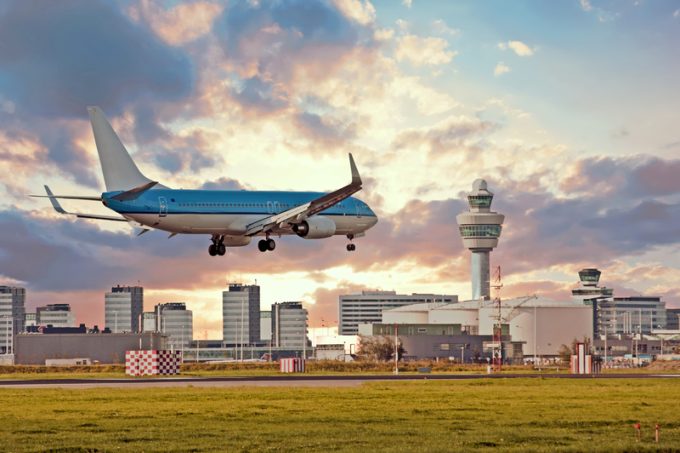'A market ripe for disruption' says FedEx, as it targets air cargo traffic
FedEx is aiming to take a bigger bite out of the traditional air cargo market. Four ...

Schiphol’s airlines have stepped up their belly cargo operations as freighter capacity constraints continue to bite.
Last week, the airport reported it had seen 4.2% growth in belly cargo in 2018, but overall cargo volumes were down 2.5% year on year.
Total freight volumes were 1.7m tonnes, ...
Keep our news independent, by supporting The Loadstar
Red Sea crisis has driven most new capacity into extended Asia-Europe trades
Carrier price hikes hold, driving spot rates higher as space gets scarcer
Crew forced to abandon ship in latest fire on vessel carrying EVs
The Loadstar Podcast | Transport Logistic and Air Cargo Europe 2025
Explosions and 'out-of-control' fire reported on Wan Hai box ship
'Now or never' for Kuehne and DHL GF to hit back at DSV
Carriers on the hunt for open tonnage again as transpacific rates soar

Comment on this article